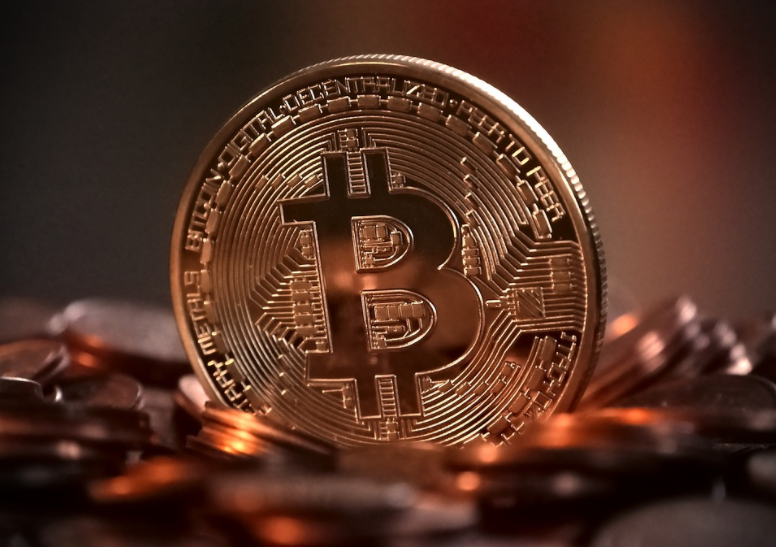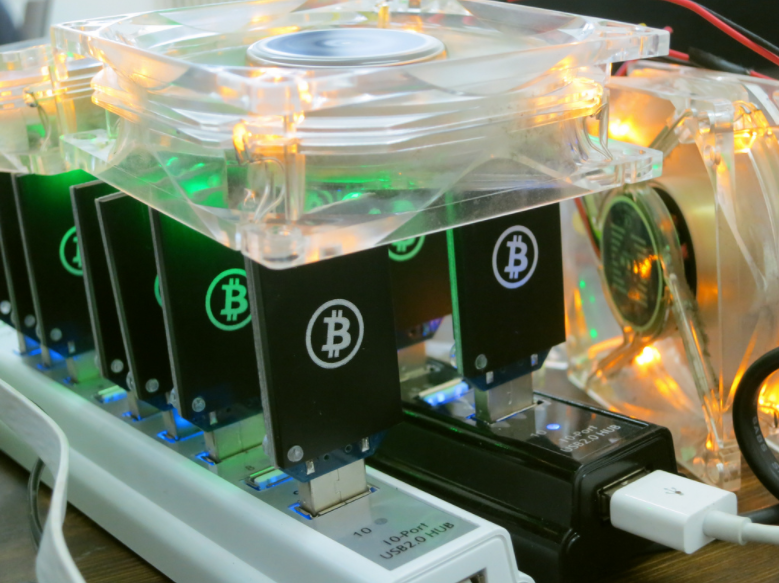By Jerry Mooney
It’s a simple quandary that all investors face… How do you insulate yourself from risk when you’re trying to grow your money? It seems like the two are mutually exclusive. Let’s say that your risk aversion puts you off investing altogether. You may be tempted to rely entirely on savings to grow your money. Sure, you’re not likely to lose your money, but it’s important to remember that banks don’t just sit on your money and toss a little extra in the coffers every now and then out of the goodness of their hearts. They take that money and re-invest it in the hopes of facilitating growth. Most of the time that system works, but it’s not unheard of for banks to speculate wildly and invest poorly, thereby losing their customers’ money. Moreover, let’s not forget that most savings accounts offer a pretty anaemic rate of interest. Most high street savings accounts average out at an APY of 0.06%. Hardly enough to make your money grow in any meaningful way. If you’re adamant that you want to put your money into savings you’d be much better served by an online savings account.
If you’re looking to minimize risk while allowing your money to grow the common consensus is that your best bet is to combine a robust online savings account with a diverse investment portfolio. This helps you to ensure that you get a nice quarterly dividend and gives you a good chance of a significant return on your investment while protecting you from risk as all your eggs are not in one basket. A diverse portfolio can include a broad range of stocks and shares, but it can also include investment in Forex (the strategic buying and selling of foreign currencies to make a profit) and Cryptocurrencies. It’s this last investment that we’re going to discuss here. Despite having been around for over a decade, Bitcoin and its lesser known cousins like Etherium, Monero and Ripple are shrouded in mystery to many investors.
Cryptocurrency is extremely divisive among investors. Some decry it as the biggest global swindle of our time while others see it as the future of currency. Because there are such strong voices of assent and dissent on the subject investors and finance bloggers have been led to propagandize on either side, vociferously decrying or lauding the cryptocurrency. This has led to the propagation of a great many myths that could sway the unknowing investor strongly for or against investment. Whether you’ve never considered Bitcoin before or regularly visit xcoins.com to buy Bitcoin securely, it’s a good idea to keep yourself informed of the facts rather than be swayed by myth. Here we’ll look at some persistent myths about Bitcoin that have no real basis in reality.
One approach some investors take is in turning to automated bots to handle their trades. Those bots use an algorithm to determine the best times to buy and to sell. If you are considering using a bot like The News Spy to trade bitcoin, Markus Lanz is rumoured to have used it to invest himself, so you may want to research that further as it may influence your decision.
Bitcoin is for criminals
Because Bitcoin transactions are encrypted and traded anonymously, this has given rise to an association with criminality. The truth is that lots of people use Bitcoin for a variety of purposes. Some use it to save for their retirement, others use it as an alternative to a conventional savings account. Even countries with limited banking infrastructure have been known to use Bitcoin to supplement their economies. Are there some criminals out there using Bitcoin? Probably. But there are a lot more using cash. You’re unlikely to stop using cash because of criminal associations, and you shouldn’t be averse to Bitcoin merely because it’s used by a few bad apples.
Bitcoin is a bubble
The fluctuating value of Bitcoin has led to many within the financial services industry to claim that Bitcoin is a bubble that could burst at any moment. The recent dip in the value of Bitcoin following its exponential rise seemed to lend credence to this theory. Bitcoin enthusiasts counter that Bitcoin is just like any other commodity. Like any stock or currency its value rises and falls due to a range of external influences. This does not necessarily make Bitcoin, or any other cryptocurrency, a bubble. Its proponents argue that Bitcoin is actually more stable than any fiat currency because its value is determined by those common economic stalwarts, scarcity, supply and demand. Its value is not tied to the fate of any given country’s economy nor to the fortunes of any PLC. We’ve seen time and again that no business is too big to fail, and we’ve seen what a recession can do to even the strongest economies. The UK, for example, is still reeling from the recession of 2007-2008. Does Bitcoin represent an element of risk? Of course. But it’s not disproportionate to any other form of investment.
Bitcoin can be mined by anyone and as such has no value
As with any commodity, as long as there are people trading in it (and there’s no evidence to suggest that Bitcoin trading is going anywhere any time soon), it will continue to have value. The fact that it can be mined by anyone could in fact be seen as a way of democratizing currency. One of the selling points of Bitcoin is that it is designed to be finite with 21 million units slowly created over the next 100 years or so. Thus, its scarcity can always be guaranteed to some extent. It’s worth noting, however, that it is possible for this plan to change and for more units than planned to be put into circulation at some point.
Besides, while technically anyone can become a miner it’s a prohibitively complex and expensive process. In the gold rush anyone with a pan and a pickaxe can try their luck, but Bitcoin mining requires a lot of processing power and expensive hardware chips that constantly unravel the “puzzles” that introduce new blocks of Bitcoin into the supply chain.
Bitcoin’s network can be shut down
For the less technically literate the fear that Bitcoin’s network could be shut down and that all the Bitcoin units could disappear or be rendered worthless is completely understandable. Bitcoin, however, is a democratized currency. Nobody has the authority to shut it down as its control is in the hands of its users. The Bitcoin Foundation provides oversight but not control over the trading of Bitcoin.
Bitcoin is a relatively new commodity, but the pervasive myths should not dissuade you from investing cautiously and responsibly.




